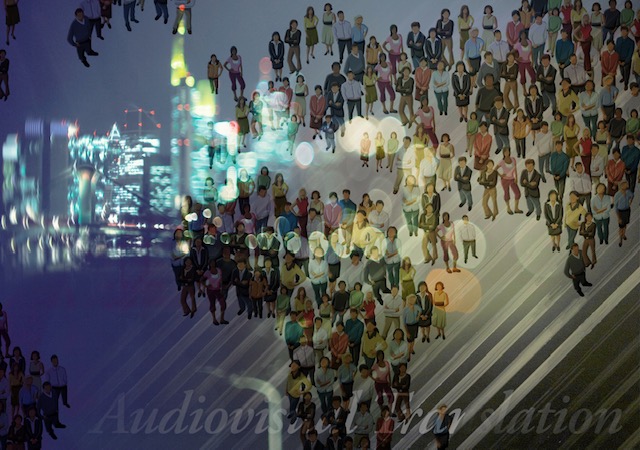Fielding, Aristotele e l’orgoglio della finzione
DOI:
https://doi.org/10.13133/2239-1983/18245Abstract
This contribution looks at Fielding’s theory of the novel through Aristotle’s Poetics. Three sources for Fielding’s thought around Poetic’s categories are identified (Addison, Dryden, Dacier), and then the elements which allow Fielding to inscribe his “literary province” into Aristotelian “poetry”, while almost all his predecessors (from Rabelaist to Defoe) looked at the other pole of the dichotomy, “history”. Three causes for such relocation of the novel are identified: the new readers; the reconceptualization of verisimilitude as pure probability; the birth of modern hermeneutics and aesthetics, which offer a more flexible interpretative space. Such space allows a more nuanced interpretation, which is more useful to understand modern fictional worlds.
Downloads
Published
Versions
- 2024-01-03 (2)
- 2022-12-23 (1)
How to Cite
Issue
Section
License
Gli autori che pubblicano su questa rivista accettano le seguenti condizioni:- Gli autori mantengono i diritti sulla loro opera e cedono alla rivista il diritto di prima pubblicazione dell'opera, contemporaneamente licenziata sotto una Licenza Creative Commons - Attribuzione che permette ad altri di condividere l'opera indicando la paternità intellettuale e la prima pubblicazione su questa rivista.
- Gli autori possono aderire ad altri accordi di licenza non esclusiva per la distribuzione della versione dell'opera pubblicata (es. depositarla in un archivio istituzionale o pubblicarla in una monografia), a patto di indicare che la prima pubblicazione è avvenuta su questa rivista.
- Gli autori possono diffondere la loro opera online (es. in repository istituzionali o nel loro sito web) prima e durante il processo di submission, poiché può portare a scambi produttivi e aumentare le citazioni dell'opera pubblicata (Vedi The Effect of Open Access).


